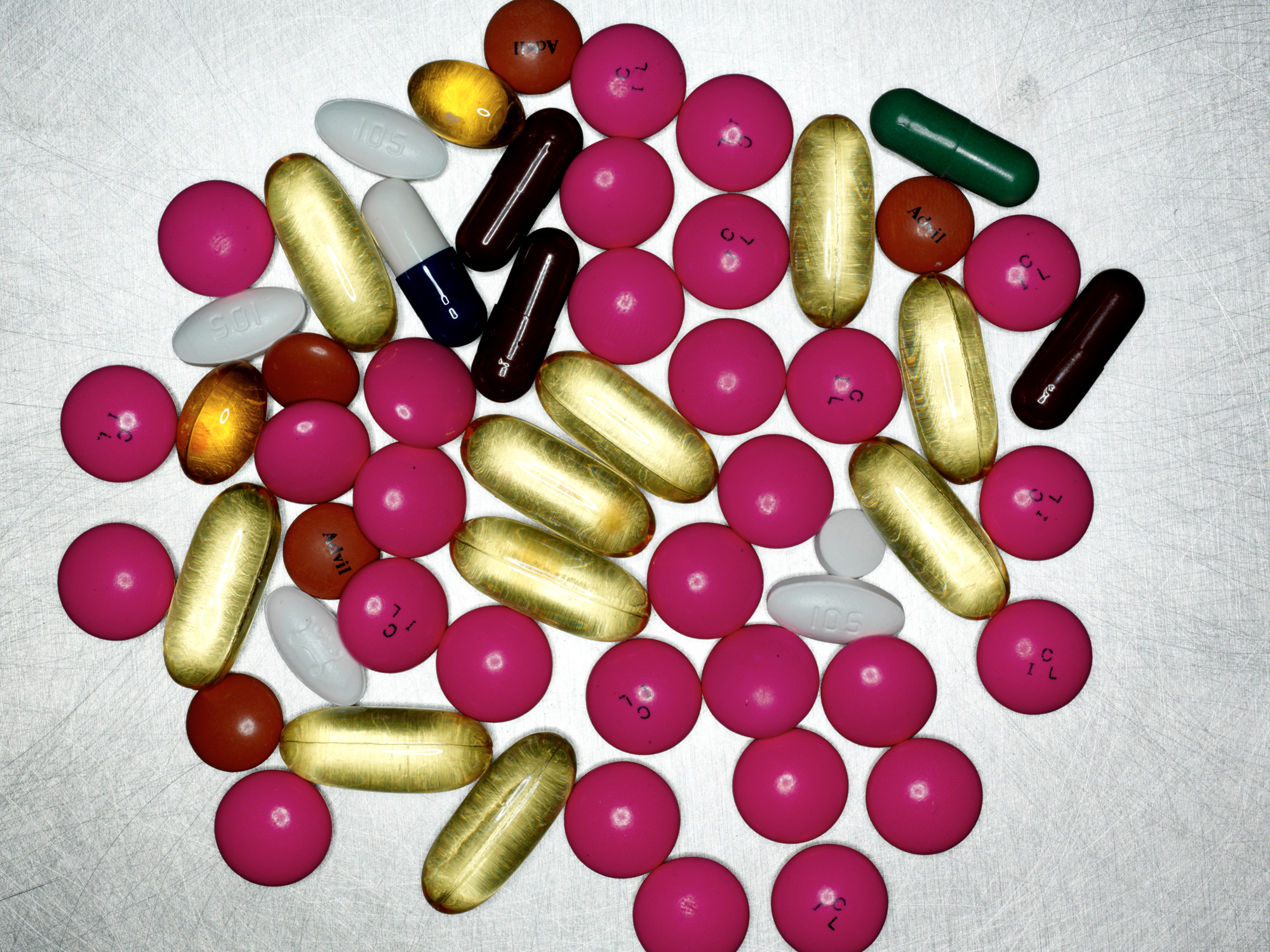

First of all, let’s get one thing straight:
Cholesterol is not the enemy.
Our bodies need cholesterol the way they need fiber, protein and a host of vitamins and minerals.
For the longest time, though, cholesterol was demonized by flawed science and more recently by Big Pharma, who wants you to depend on toxic statins to be sure your cholesterol levels stay in check.
How we got fooled
The Seven Countries Study, begun in 1956 and published in 1978, presented incomplete data to the American public, convincing us that we would all die of heart attacks if we didn’t keep our cholesterol levels down.
The Sugar Research Foundation also played a deceitful role in getting us to stop eating cholesterol-rich foods in favor of processed carbs.
All of this misinformation opened the door for the first cholesterol-lowering statin drug to be marketed in September 1987.
Lipitor, the most commonly used statin drug, has brought pharmaceutical company Pfizer almost $150 million in revenue since it came on market in 1996.
Clearly, there isn’t much motivation for Pfizer to publicize the many side effects of Lipitor and other statins.
Wreaking havoc on the entire body
The list of bad things that statins can do to you is almost unbelievable:
- They interfere with the production of Coenzyme Q10, which supports the immune and nervous systems and protects heart muscle
- They increase insulin resistance and the risk of developing diabetes
- They can induce mitochondrial dysfunction
- They increase risk for ALS and Parkinson’s disease, as well as prostate and breast cancer
- They can cause liver damage by triggering over-production of digestive enzymes
With natural alternatives that have been proven as effective or even more effective, why subject yourself to these risks? For starters, olive oil, nuts and bergamot extract are naturals at regulating cholesterol.
But there’s a vitamin you’ve probably not heard that much about that can safely lower “bad” LDL cholesterol without impacting CoQ10 levels or causing bodily harm.
In fact, lowering cholesterol is just one of its health benefits.
Pantothenic acid: the lesser-known B vitamin
Pantothenic acid, also known as Vitamin B5, is just as important as anemia-fighting B12, heart-healthy niacin (B3) or B2 (riboflavin), which supports adrenal health. Yet we don’t hear as much about it.
In a 2011 study, researchers at the Princeton Longevity Center in New Jersey found that supplementing with pantethine, a derivative of Vitamin B5, reduced both total and LDL cholesterol in people with low to moderate risk of heart disease.
As far back as 1984, animal studies showed that pantethine supplements reduced plasma total cholesterol levels by 64.7% compared to animals not receiving pantethine.
Vitamin B5 is also necessary to:
- create red blood cells
- maintain a healthy digestive tract
- process other vitamins, particularly riboflavin
- make sex-and stress-related hormones in the adrenal gland
How to get enough B5
Foods that are rich in Vitamin B5 include:
- Broccoli
- White and sweet potatoes
- Whole-grain cereals
- Mushrooms
- Nuts
- Beans
- Lentils
- Meats
- Poultry
- Dairy
- Eggs
The recommended Daily Amount of Vitamin B5 is 5 mg. Symptoms of deficiency include:
- Headache
- Fatigue
- Irritability
- Impaired muscle coordination
- Gastrointestinal problems
The best approach to cholesterol
Remember that your body needs cholesterol. The healthiest approach is to regulate it with diet and exercise, rather than eliminate it with harmful drugs.
Sources:
- Pantethine, a derivative of vitamin B(5) used as a nutritional supplement, favorably alters low-density lipoprotein cholesterol metabolism in low- to moderate-cardiovascular risk North American subjects: a triple-blinded placebo and diet-controlled investigation — Nutrition Research
- Pantethine reduces plasma cholesterol and the severity of arterial lesions in experimental hypercholesterolemic rabbits — Atherosclerosis
- What is Vitamin B5 (Pantothenic Acid)? — LiveScience.com
- The Grave Dangers of Statin Drugs—and the Surprising Benefits of Cholesterol — Alliance for Natural Health – USA
- Cholesterol-Lowering Industry Still Worth More Than $19 Billion and Increasing — StatinNation.net
